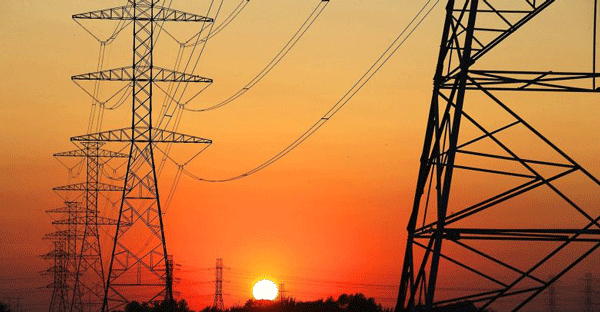
BY SILENCE MUGADZAWETA
INDEPENDENT power producers (IPPs) are only feeding 135,8 megawatts (MW) into the national grid, about a decade since government started granting private players licences to produce electricity.
According to a report released by the Parliamentary Portfolio Committee on Energy and Power Development, government has issued IPP licences that are enough to generate 6 858,65MW.
The report looked at the state of IPPs and their contribution to power generation in the country.
Committee chairman Joel Gabbuza said the Zimbabwe Energy Regulatory Authority (Zera) had issued licenses to 25 IPPs in hydro, solar and thermal technologies.
But many of them had not started operations, citing various challenges.
Gabuzza said the committee was concerned that most of the licensed IPPs neither had the capacity nor the expertise to do power generation in the country, hence their failure to kickstart power projects.
He said some of them had held licences for more than five years.
- Chamisa under fire over US$120K donation
- Mavhunga puts DeMbare into Chibuku quarterfinals
- Pension funds bet on Cabora Bassa oilfields
- Councils defy govt fire tender directive
Keep Reading
“Most of the IPPs had an opportunistic behaviour and lacked the relevant technical credentials in that area, hence they got licenses for speculative purposes,” Gabbuza said.
“Zimbabwe has over the years experienced a severe energy crisis because its major sources of electricity were struggling to keep up with the ever-increasing demand. The failure of the major sources to sufficiently supply power has been attributed to several factors such as ageing infrastructure, low water levels at Kariba Hydro Power Station, shortages in foreign currency to complement local sources and the general increase in demand,” he said.
The energy committee said Zera had no clear criteria on potential IPPs, hence it ended up licensing them without agreements on financial closure.
Hurungwe Central legislator Dought Ndiweni (Zanu PF) said corruption was the major drawback in the operations of IPPs.
Ndiweni said government through the Zimbabwe Electricity Transmission and Distribution Company (ZETDC) had at one time engaged a private firm, but if it was not for corrupt practices within the State-run power producer, Zesa, Zimbabwe would long resolved its perennial power challenges.
The committee recommended that Zera should do due diligence checks when licensing IPPs.
The committee also said IPPs were facing challenges ranging from delays in securing lease agreements from councils, and unguaranteed payments from ZETDC as the sole off taker.
It said power imports also took up their potential market.
The committee said while government was importing power from countries like Mozambique and South Africa at a premium, IPPs were seriously in need of foreign currency to kickstart projects.
Follow Silence on Twitter @Mugadza40











